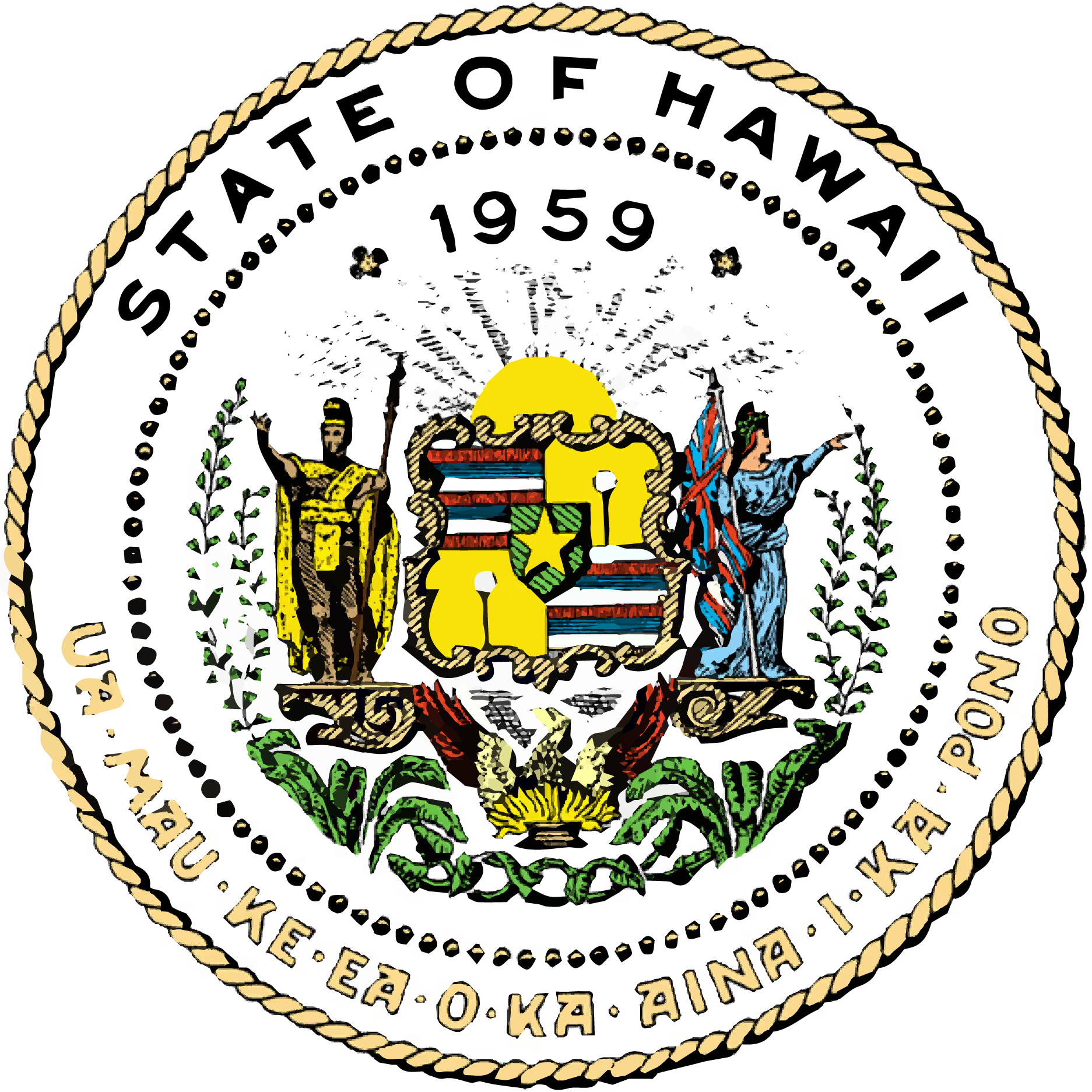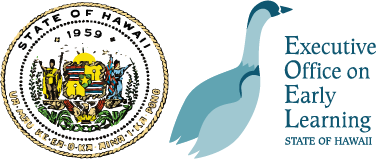Pre-Plus Child Development Services

Since 2002, Pre-Plus has expanded access to affordable and high-quality early childhood development programs for three- to four-year-old children from low-income families across the State. The program is a private-public partnership to create early childhood classrooms on public elementary school campuses, where private early childhood providers are contracted to operate them.
Pre-Plus Philosophy and Goals
All of Hawaiʻi’s children should have the opportunity to attend a quality early childhood development program. With a positive preschool experience, children will be healthy, curious, socially aware and ready to start kindergarten with their peers.
The goals of Pre-Plus are to:
- Expand the number of early childhood programs for children, 3 and 4 years of age, who are economically disadvantaged;
- Provide quality child development programs in which children are safe, healthy and ready to succeed; and
- Promote school readiness and family engagement and prepare children for a successful transition into kindergarten.
Target Population and Enrollment
Pre-Plus was built on the premise that it would provide early child development opportunities to children of low-income families who would not otherwise have that opportunity due to lack of family financial resources and/or availability of services.
- The target population for Pre-Plus is all children, ages 3 and 4, who are not currently attending a child development program.
- Priority for enrollment is given to those children whose family income falls at or below 200% of Federal Poverty Level.
- While Pre-Plus is not a no-cost program, most families who apply their children would qualify for the Hawaii Department of Human Services’ child care subsidy programs, such as Child Care Connection Hawaii or Preschool Open Doors, based on their family income.
(Note Eligibility for participation in Pre-Plus programs operated by Head Start agencies is determined in accordance with federal Head Start regulations.) - Enrollment priority is also given to children who reside in the school district of the Pre-Plus site, although children may be accepted from any school district.
- 3- and 4-year-old IDEA-eligible preschoolers can be integrated into these classrooms, as appropriate, for an inclusive early learning opportunity within a least restrictive environment.
Existing Pre-Plus sites and the Contracted Preschool Providers (2023)
O’AHU
|
|
Honolulu Community Action Program (HCAP) Head Start Grant Kogami, Program Director https://www.hcapweb.org/headstart/ 808-847-2400 |
|
|
Parents and Children Together (PACT) Head Start Ben Naki, Program Director https://pacthawaii.org/our-work/early-headstart-programs/ 808-842-5996 |
HAWAI’I ISLAND
|
|
Parents and Children Together (PACT) Head Start Keala Rowland, Assistant Director https://pacthawaii.org/our-work/early-headstart-programs/ 808-961-0570 |
History
Pre-Plus is a public-private partnership that delivers child development opportunities to 280 children and assists the State in achieving its community goal that “all of Hawaiʻi’s keiki will be safe, healthy, and ready for school.”
The initiative evolved from the work of the School Readiness Partnership, a collaboration of educators, early childhood advocates, and policymakers who identified the availability of quality child development programs, especially in low-income communities, as one of the most pressing issues affecting the State’s early childhood system in 2000. The group noted that even if families had sufficient funds for tuition, there was still an inadequate supply of child development facilities and program slots available to offer needed services.
The concept of Pre-Plus came about in 2001 as the State and private agencies, including the Good Beginnings Alliance, Hawaiʻi Association for the Education of Young Children, Head Start, and the Hawaii State Legislature’s Keiki Caucus, collaborated to develop workable solutions to the lack of spaces in existing child development programs to accommodate the growing number of children needing early childhood services. Spear-headed by then Lieutenant Governor Mazie Hirono, and with the support of legislative funding appropriated in May 2002, 17 child development facilities were built on public elementary school campuses throughout the State.
Oversight of the project was transferred in December 2002 from the Lieutenant Governor’s Office to the State Department of Human Services (DHS).
The Pre-Plus Program was later codified in State statute in 2012 and placed within the newly established Executive Office on Early Learning (EOEL).
